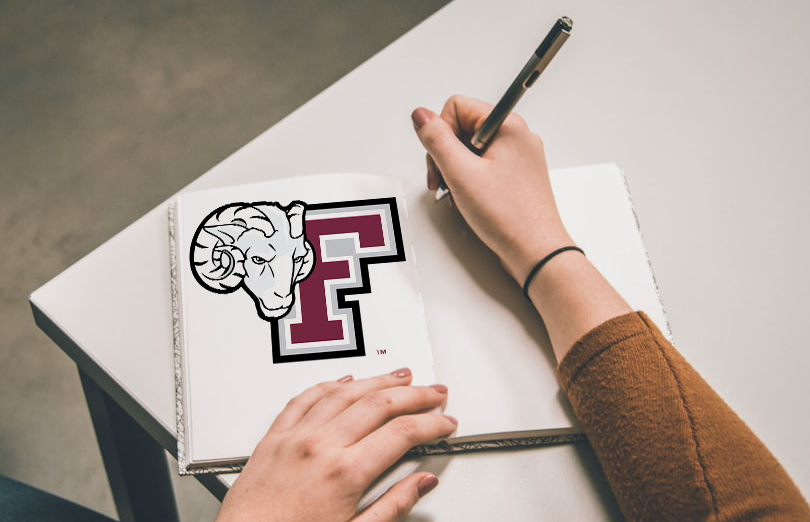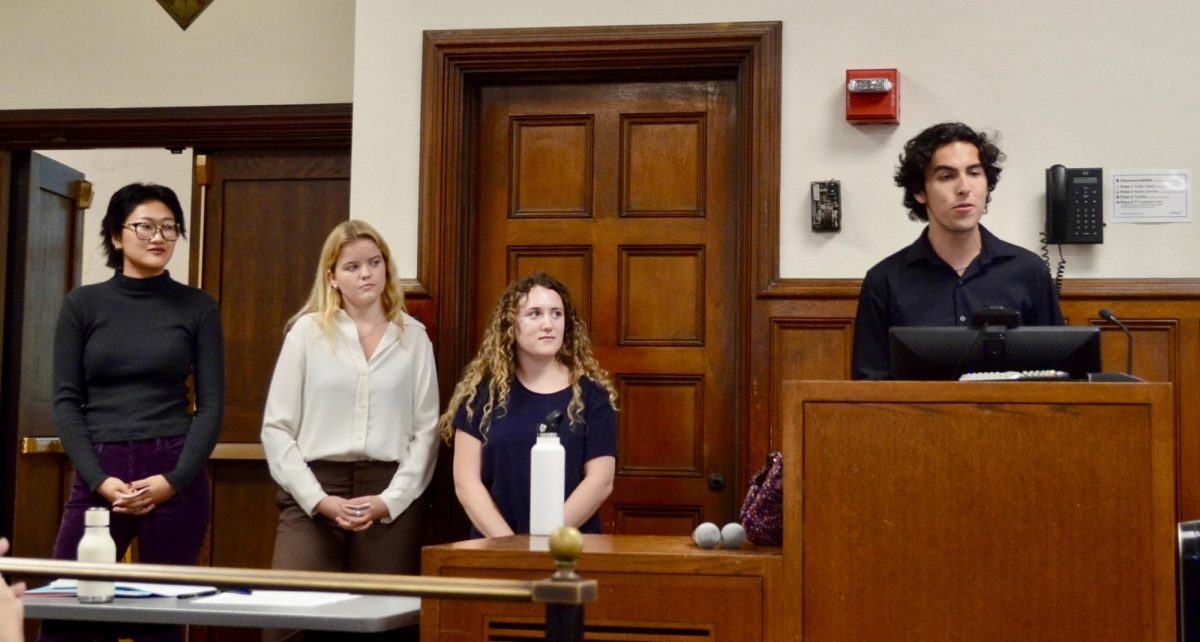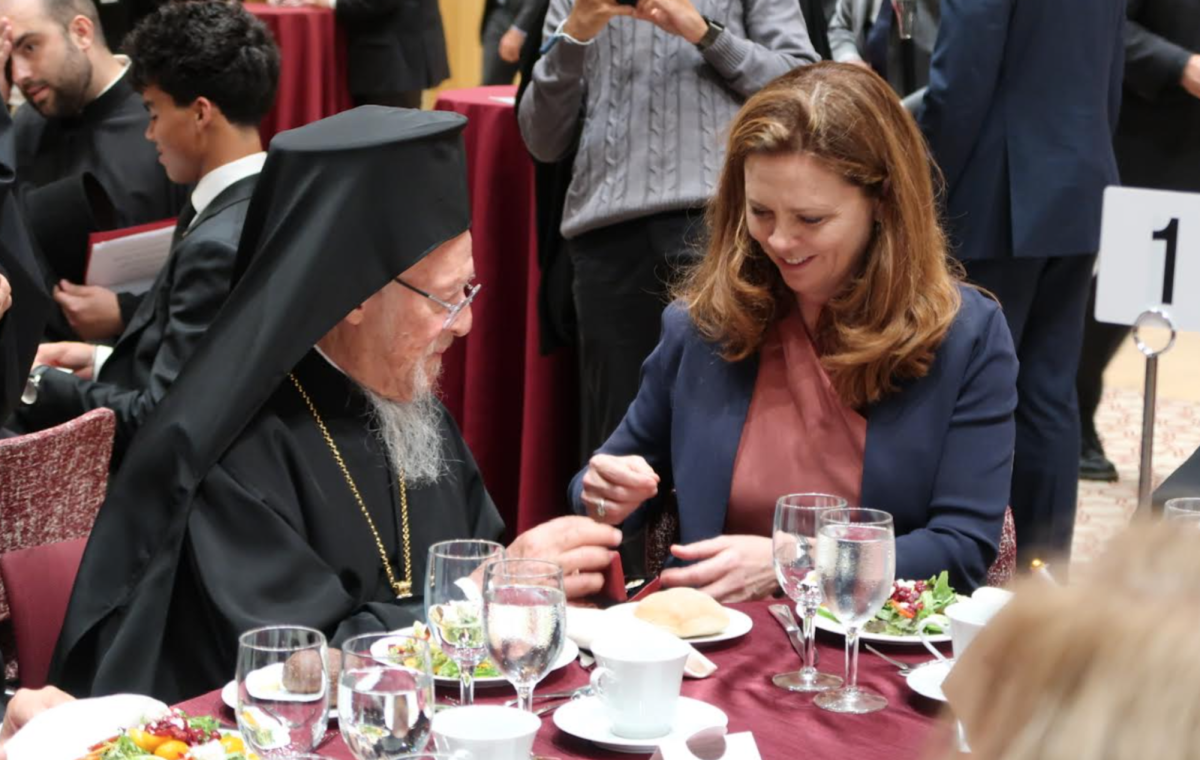On Jan. 30, Fordham hosted three grant writing workshops for humanities, social sciences and STEM majors to teach students how to write a successful grant and connect them to research opportunities. The workshops were geared towards students interested in the Fordham College at Rose Hill Summer Research Program, which has applications due March 7.
“I’m not planning on research yet, but I was curious about the general process for applying and the outline for the grant proposal,” said Alana Lewis, FCRH ’27, who attended the workshop. “It has a very different structure than a traditional academic essay.”
The FCRH Summer Research Program takes place over eight weeks from June to early August. Students in the program are provided with on-campus housing, weekly social programs and a $4,000 stipend to pursue original research. In addition to the stipend, students can apply for up to $1,000 for supplies and research expenses. Fordham also offers research opportunities in the fall and spring semesters.
For all research programs, students are required to work under the guidance of a faculty mentor. To find faculty mentors, students are encouraged to speak to past or current professors in the field they are interested in researching. Rose Hill students are permitted to have Lincoln Center-based professors as their mentors, but students should be able to meet with their mentors multiple times throughout the research period, either in person or virtually.
If students would like to work with a professor they have not previously taken class with, they can talk to a department chair or associate chair who can refer them to potential mentors. Otherwise, students may visit the Fordham.edu website. Under “Research Opportunities and Support” there is a section entitled “Finding a Mentor” which lists professors by subject who are looking for students to mentor or for support on their personal research projects.
Once students secure a mentor, the next step is writing their grant proposal. Associate Professor of Music Nathan Lincoln-DeCusatis led the grant writing workshop for humanities majors and gave tips on how to write an effective research grant.
“It’s gotta be watertight. Airtight.” he said.
The grants have structured requirements: a thesis, context for research, methods, outcomes and a conclusion. Students will also be asked to provide a bibliography, abstract, proposed outcomes and supplies budget in a separate section.
First, DeCusatis talked about the importance of a “zippy” title. Something that grabs the reader’s attention and shows the student’s personal interest in the subject.
DeCusatis also taught students the importance of understanding their audience. He said a common mistake in grant writing is students write as if they were addressing a professor in their field. He recalled reading grants from STEM students and not understanding what they were talking about.
“Remember, you’re writing to non-experts,” he said.
Students are required to lay out all dimensions of their project, show that they are knowledgeable in the field and discuss why the project would aid them beyond the walls of Fordham in four pages.
To aid in the process, DeCusatis emphasized the importance of working closely with a mentor and going through at least two drafts of the grant proposal. By writing concisely, using an intriguing title, keeping the audience in mind and working closely with a mentor, students can improve their chances of their grant getting approved.
Beyond the valuable experience of conducting research, the FCRH Summer Research Program enables students to gain significant professional advantages. A completed research project can strengthen a student’s resume and make them stand out from other applicants when applying to jobs, scholarships and graduate schools. Working closely with a faculty mentor can also foster strong academic relationships that make for impactful and unique recommendations.
Previous students have taken their projects to the next level in senior thesis or capstone projects and some have presented their findings at symposiums and venues across the city.
For more information about the research programs, students can visit the undergraduate research website and join their mailing list. Students can also reach out to Dr. Christopher Aubin, the Faculty Director for Undergraduate Research at [email protected], or visit the undergraduate research office in Freeman Hall room 206.








































































































































































































